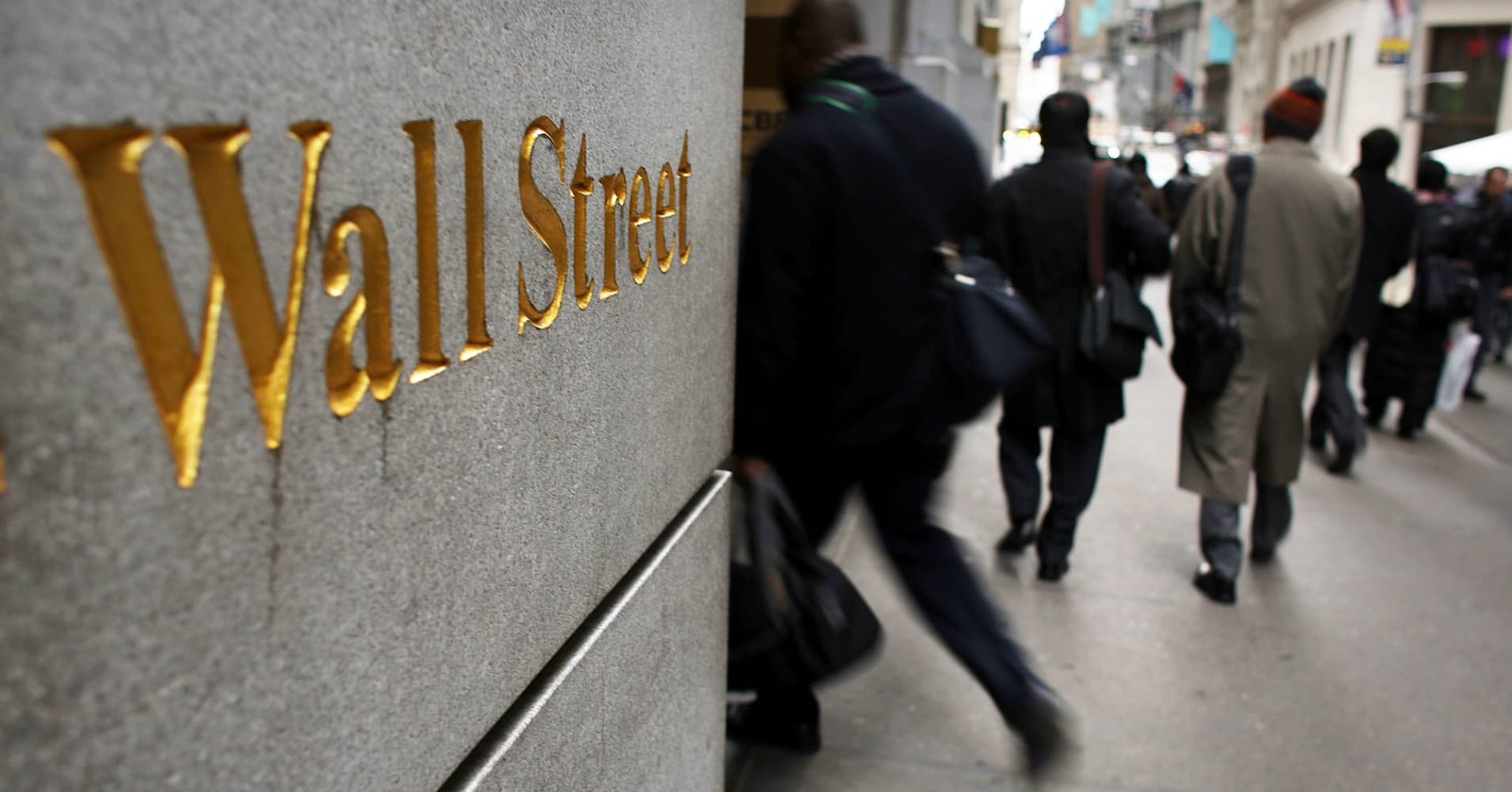 The stock market rally over the past two months has brought with it a renewed interest from private companies to get in on the action.
The stock market rally over the past two months has brought with it a renewed interest from private companies to get in on the action.
Initial public offerings have surged this year, with 16 deals brought to market, six of which will have priced by the end of January. No IPOs priced in the month last year. Adding in four follow-ons (additional share offerings after an IPO), that brings to 20 the total of U. S. equity capital market deals in 2017, more than double the nine that had come to market during the same period last year, according to market analytics firm Dealogic.
The trend comes as stock market volatility has decreased dramatically from early 2016, when stock averages nearly hit bear market territory. The CBOE Volatility Index , which gauges market fear, is about half its long-term average, while the Dow industrials are riding a nearly 10 percent postelection rally.
IPOs also are benefiting from pent-up demand off a slow year during which companies preferred to eschew going public due to a hefty amount of private equity cash floating around.
“Companies feel a little more confident that investors are looking for ideas and there’s a more captive market,” said Art Hogan, chief market strategist at Wunderlich Securities. “It feels like you’ve got a receptive marketplace for it. Plenty of companies have been waiting long enough. ”
The past week saw $2 billion raised, with the highlight being real estate investment trust Invitation Homes, which, with an expected $1.5 billion value, would be the largest U. S. IPO since First Data ‘s $2.8 billion deal in October 2015.
The first $1 billion-plus deal on the New York Stock Exchange didn’t launch in 2016 until April, and the year in total only saw five deals that went above that range, according to Dealogic. The Invitation Homes IPO would be the largest REIT offering since October 2006, according to market intelligence firm Ipreo.
The week ahead is expected to see $2.7 billion worth of deals.
If the IPOs scheduled to be launched are priced as expected, health care will be an early leader in total deals, while energy will lead in proceeds.
Hogan said the robust climate for IPOs likely will continue.
“Last year, companies were reticent to try the markets. A couple unicorns that came out didn’t perform very well,” he said, referring to private companies valued at $1 billion or more. “That changes a little bit when you think about market conditions thus far. So you’re more confident that you’re going to have a receptive audience. But every deal is not going to go spectacularly well. “






